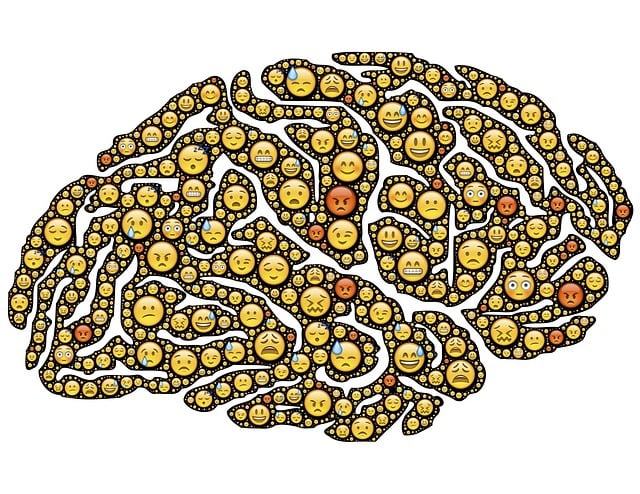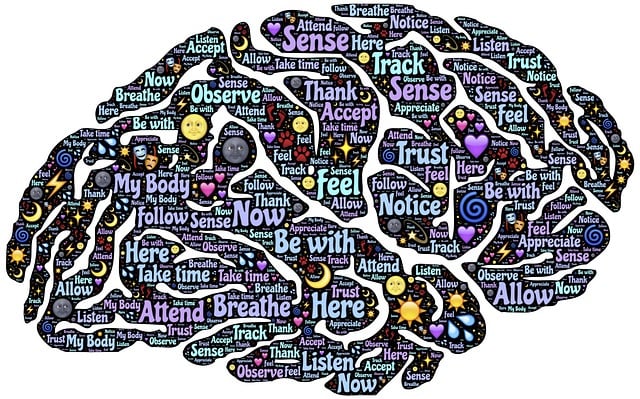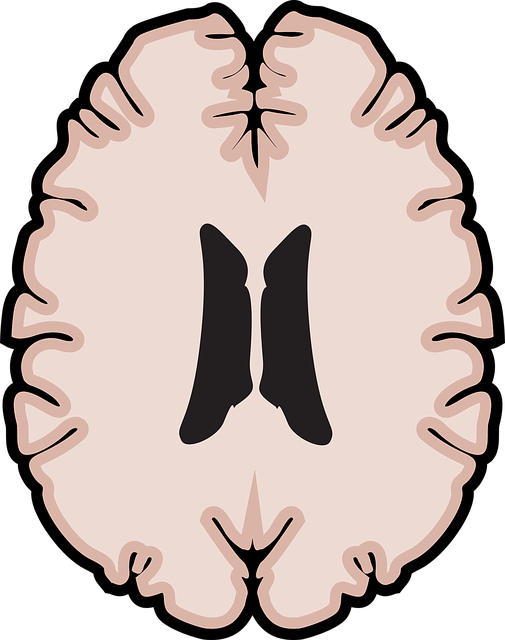The elderly population faces unique challenges with substance abuse due to age-related factors like quicker intoxication, increased overdose risk, and interaction of chronic health conditions. Depression is a significant concern often overlooked but closely linked to substance abuse among older adults. Tailored depression prevention strategies should focus on early intervention, social connections, accessible mental health services, evidence-based therapies like CBT and IPT, and personalized wellness coaching. Comprehensive substance abuse risk reduction involves addressing behavior and underlying causes, integrating evidence-based practices, fostering support systems, and professional guidance to enhance resilience and coping skills development, ultimately empowering individuals for long-term recovery. #TherapyForEldersDepression
In addressing substance abuse among elderly individuals, understanding their unique risks is paramount. This demographic faces distinct challenges, including cognitive decline and physical health issues, which can exacerbate addiction and complicate recovery. This article explores comprehensive risk reduction strategies tailored for elders, focusing on evidence-based therapies for depression—a common co-occurring disorder. By examining effective support systems and treatment approaches, we aim to guide professionals and caregivers in mitigating substance abuse risks among older adults, emphasizing the importance of tailored, compassionate care.
- Understanding the Unique Risks for Elderly Individuals
- Evidence-Based Therapies for Depression in Elders
- Comprehensive Risk Reduction Strategies and Support Systems
Understanding the Unique Risks for Elderly Individuals

The elderly population faces distinct challenges when it comes to substance abuse, often with more severe consequences due to age-related factors. Understanding the unique risks they face is crucial for developing effective prevention strategies and interventions. As people age, their bodies process substances differently, making them more susceptible to negative impacts. For instance, older individuals may experience heightened sensitivity to alcohol, leading to quicker intoxication and increased risk of accidental overdose. Additionally, chronic health conditions common in the elderly, such as cardiovascular diseases or cognitive impairments, can interact with substances, exacerbating existing medical issues.
Depression is a significant concern among the aged, often overlooked but closely linked to substance abuse. The Rate of depression in older adults is higher, and it can be both a cause and a consequence of substance misuse. Recognizing these interconnections is vital for mental health professionals conducting risk assessments (Risk Assessment for Mental Health Professionals). Depression prevention strategies tailored to the elderly should focus on early intervention, fostering social connections, and promoting accessible mental health services. Through comprehensive mental health policy analysis and advocacy, society can ensure that older adults receive the support they need to navigate these challenges, ultimately reducing the risks associated with substance abuse.
Evidence-Based Therapies for Depression in Elders

Evidence-based therapies have proven highly effective in treating depression among elders. Cognitive Behavioral Therapy (CBT), for instance, focuses on identifying and changing negative thought patterns and behaviors associated with depression. By teaching participants how to manage their symptoms through practical strategies, CBT empowers them to regain control over their mental wellness. Additionally, Interpersonal Therapy (IPT) addresses the relationship issues that often contribute to elder depression, fostering a supportive environment where individuals can process and resolve these challenges.
The integration of mental wellness coaching programs tailored for elders is another promising development. These programs combine evidence-based techniques with personalized guidance from trained coaches, enhancing the effectiveness of treatment. Moreover, preventing burnout among healthcare providers is crucial in ensuring consistent and compassionate care for elderly patients dealing with depression. Public awareness campaigns that highlight the signs, causes, and available treatments for elder depression can also play a significant role in early intervention and improved outcomes.
Comprehensive Risk Reduction Strategies and Support Systems

Comprehensive risk reduction strategies for substance abuse involve a multi-faceted approach that addresses not just the behavior but also the underlying causes. This includes therapy tailored to individual needs, focusing on issues such as depression in older adults, which can significantly impact their vulnerability to substance misuse. By integrating evidence-based practices, these strategies aim to strengthen individuals’ resilience and coping skills development.
Support systems play a crucial role in fostering inner strength development. Group therapy sessions, peer support networks, and family involvement can create an environment conducive to healing. These platforms encourage open communication, promote understanding, and foster a sense of belonging. When combined with professional guidance, they enhance the effectiveness of risk reduction efforts, empowering individuals to make positive changes and maintain long-term recovery.
Substance abuse among the elderly poses unique challenges, with risk factors ranging from physical health decline to cognitive impairments. Understanding these specific risks is crucial in developing effective strategies. By integrating evidence-based therapies for depression in elders, such as cognitive-behavioral therapy (CBT), along with comprehensive risk reduction plans and robust support systems, we can significantly enhance their well-being. These approaches not only address depression but also foster a sense of community and resilience, ultimately reducing the allure of substance abuse. Implementing these strategies is essential to ensuring a healthier, more supportive environment for our aging population.














